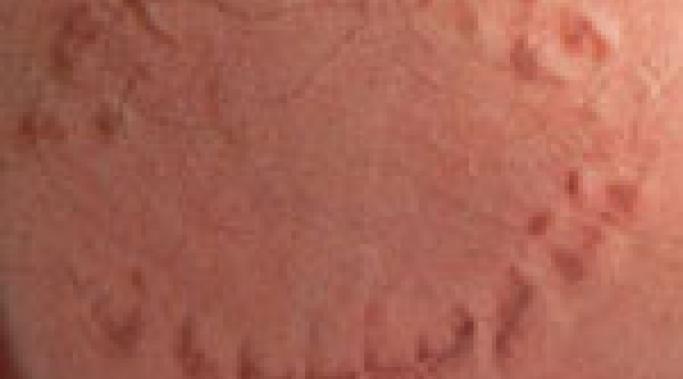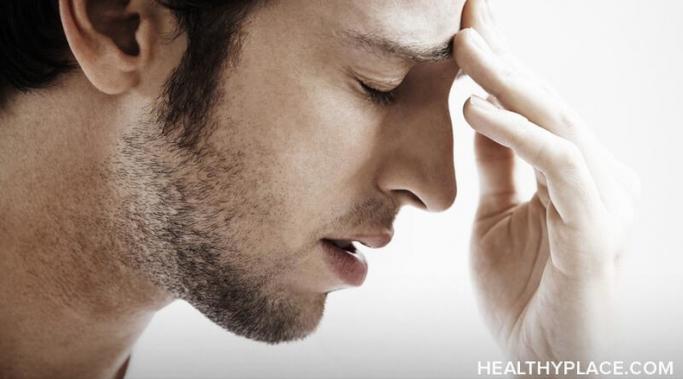Blogs
Recently a friend queried me on addiction. Specifically, would I consider addiction to be like any other serious mental illness? After all, it harms people. It helps people end up on the street. It destroys people’s lives. It sure sounds serious.
But, on the other hand, addicts are a special bunch in that their behavior caused their illness. No one made them take that first drink. No one made them snort that first line. No one made them take that first hit. They did that all on their own, and eventually, that decision spiralled into an illness. But people with mental illness like schizophrenia or bipolar disorder get there without any hitting, drinking or snorting of any kind. Their mental illness hits them spontaneously.
So the question is, is addiction just another mental illness?
Christie Stewart
My name is Christie Stewart, but on YouTube I am known as xsullengirlx. In this blog, I'll be speaking out about self-injury, which is a somewhat taboo and very misunderstood subject to a lot of people, and dispel some of the mystery and stigma that surrounds it.
I have suffered from depression, on-and-off, since the age of five or six. It wasn’t until I was locked away in a psychiatric institution that I began to feel as though I was actually ‘mentally ill.’
Many myths about 12-step programs have grown up since Alcoholics Anonymous (AA) was founded in 1935. Since that time, numerous fellowships have patterned themselves after the humble beginnings of AA. These 12-Step programs have enjoyed success over the years; however, they have also been criticized for their practices. Many of these criticisms, I feel, are somewhat misguided and have fed into the myths about 12-Step programs. I say this from the perspective of someone who found freedom from addiction using 12-step recovery. What are the myths about 12-Step programs that keep people away?
When I left my marriage, I severely mourned the death of my relationship. My mourning for the fantasy relationship was as real as any grief I've ever felt. The grief was so real it led me to delude myself about the truth of my abusive marriage. Will, my husband, wasn't all bad, was he? Maybe our separation would scare him straight, maybe our recent civil conversations heralded a new beginning for us, maybe this was all a bad dream.
This is Ben's journey, too.
That's what I sometimes need to remind myself.
Mental Illness and Stigma
Sure, I have become the family spokesperson for our experience with mental illness, since writing a book and this blog about our journey "from chaos to hope" with schizophrenia. Still, when people ask me to come and speak, either in person or in the media, about the issues associated with our situation, they sometimes ask if Ben will come and speak too.
The answer is: No. Not yet, anyway. And I can only hope that Ben's decision is not only respected, but understood.
In my work with PTSD clients, we bump up a lot against "I feel so disconnected from myself!" and "I feel so very separate from the world!" In my own PTSD experience, I too felt a big break between my experience of reality and my connection to myself and my body.
For almost five years, I have struggled and fought to free myself from anorexia.
It has been painful, and full of tears.
It hasn't been easy. Understatement of the year.
This is what has happened:
A panicked flight from Rogers Memorial Hospital's eating disorders program. Eight hospitalizations on the psychiatric unit of an area hospital. Spectacular failure during a six-week stay at the River Centre Clinic. Plunging into alcohol and drug abuse. Multiple relapses.
Now I can finally see the other side.
In a state of psychosis, one can glimpse into alternate states of reality deep within the subconscious. It is here, within this realm, where one's deepest fears materialize into perceived physical existence. The myth of "disorganized thinking" becomes all too apparent under its spell. Inside, one can see the rationale behind the unthinkable and illogical. Delusions become neatly organized and aligned in such a way as to create a fictitious world filled with terror. Outside this universe, one is forced to become a judgmental spectator, unable to rationalize seemingly immoral and "disorganized" behavior.
Co-morbidity is a fancy way of saying "two or more co-occuring diagnoses." Many people with borderline personality disorder also have depression. In this video, More Than Borderline's, Becky Oberg, talks about depression symptoms and causes of depression.








